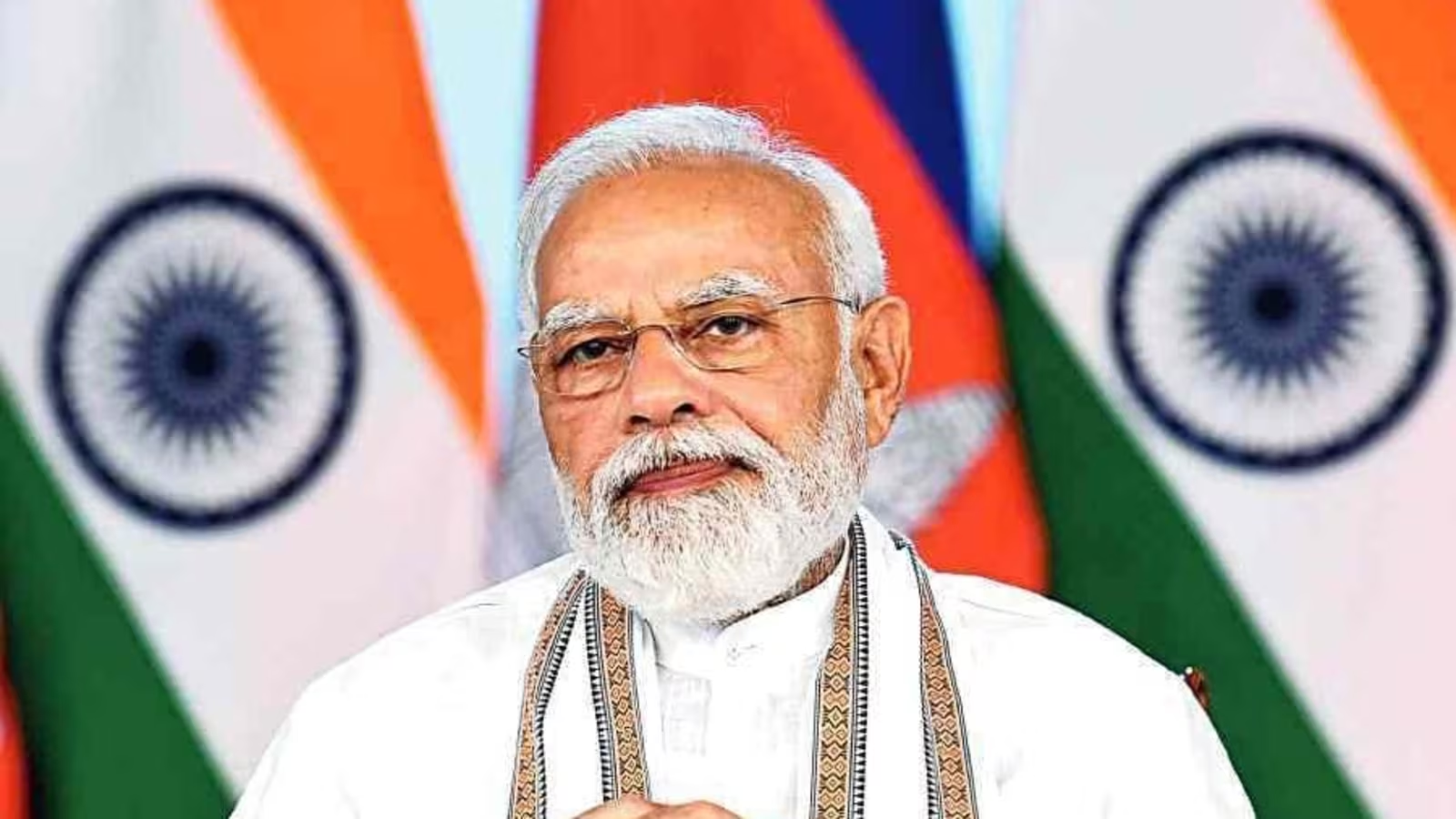PM Modi Takes Swipe at Opposition: India Demands End to Corruption, Dynasty, and Appeasement
PM Modi's Ongoing Allegations Against Opposition: Corruption, Dynasty, and Appeasement.
Reflecting on the historic Quit India movement initiated by Mahatma Gandhi, Prime Minister Narendra Modi emphasized on August 9th that the collective voice of India is now resolute against the issues of corruption, dynastic practices, and appeasement. The Prime Minister's pointed allusion to the Opposition occurred during the BJP's nationwide commemoration events on these themes.
Paying tribute, he tweeted, "Salutations to the stalwarts who actively participated in the Quit India Movement. Led by Gandhi Ji, this pivotal movement played a significant role in liberating India from colonial rule." He went on to assert, "In the present day, India's unified voice echoes: Corruption, Dynasty, and Appeasement – Quit India."
Prime Minister Modi has consistently accused Opposition parties of engaging in a style of politics marked by corruption, dynastic inclinations, and appeasement strategies, urging citizens to reject such approaches.
A Salvo Against Deep-rooted Concerns
PM Modi's words, resonating with both historical significance and contemporary relevance, were delivered on August 9th, a day that holds great historical importance due to the Quit India movement initiated by Mahatma Gandhi in 1942. In a series of tweets, PM Modi paid homage to the stalwarts of the Quit India movement, acknowledging their pivotal role in liberating India from the yoke of colonial rule. However, the heart of his message lay in a strong assertion of the present-day narrative.
India's Unified Voice
"Today, India is saying in one voice: Corruption Quit India. Dynasty Quit India. Appeasement Quit India," declared the Prime Minister. With these words, he encapsulated the sentiments of many who have voiced concerns over the perceived prevalence of corruption, the perpetuation of dynastic politics, and the pursuit of appeasement politics. The choice of words was emblematic, drawing a direct parallel between the historic Quit India movement and the contemporary demand for change.
A Rallying Cry for Change
This declaration wasn't just a political salvo; it was a rallying cry for a transformative shift in the nation's political landscape. PM Modi has consistently and vociferously accused opposition parties of perpetuating politics marred by corruption, dynastic inclinations, and appeasement tactics. By invoking these three powerful tenets, he sought to galvanize public opinion against what he perceives as detrimental trends.
The Broader Implications
The Prime Minister's address stirred robust debates, not just within the political sphere but also among citizens and intellectuals. While some hailed it as a clarion call for a more accountable and transparent political culture, others questioned the sweeping nature of the allegations, urging a more nuanced and inclusive approach to address the multifaceted challenges that India faces.
PM Modi's strategic use of historical symbolism and his call for a transformative shift in India's political ethos have injected fresh vigor into an ongoing discourse. As India navigates its complex and dynamic political landscape, the echoes of this speech are likely to reverberate, influencing public opinion, policy decisions, and the broader trajectory of the nation's political narrative.

